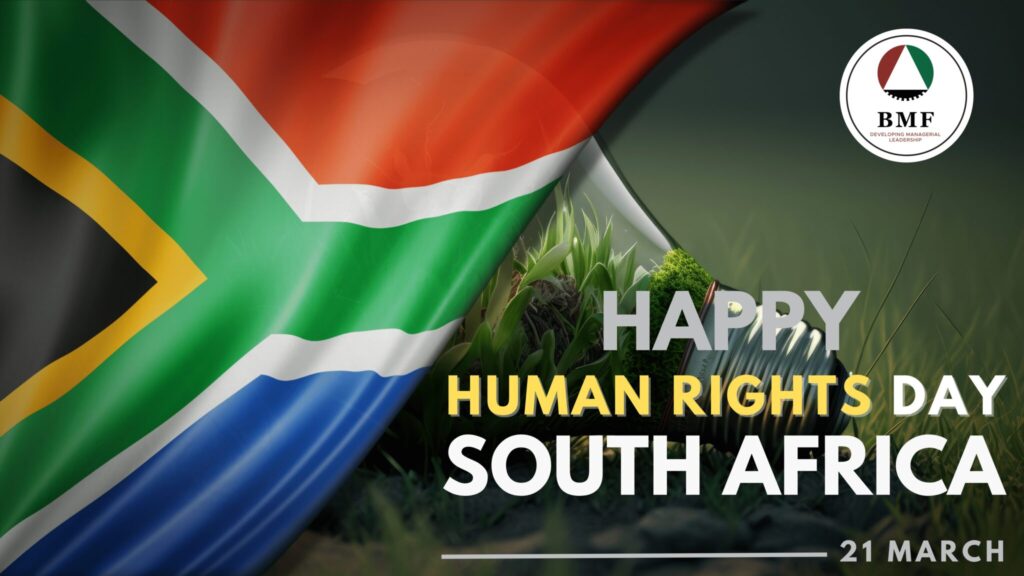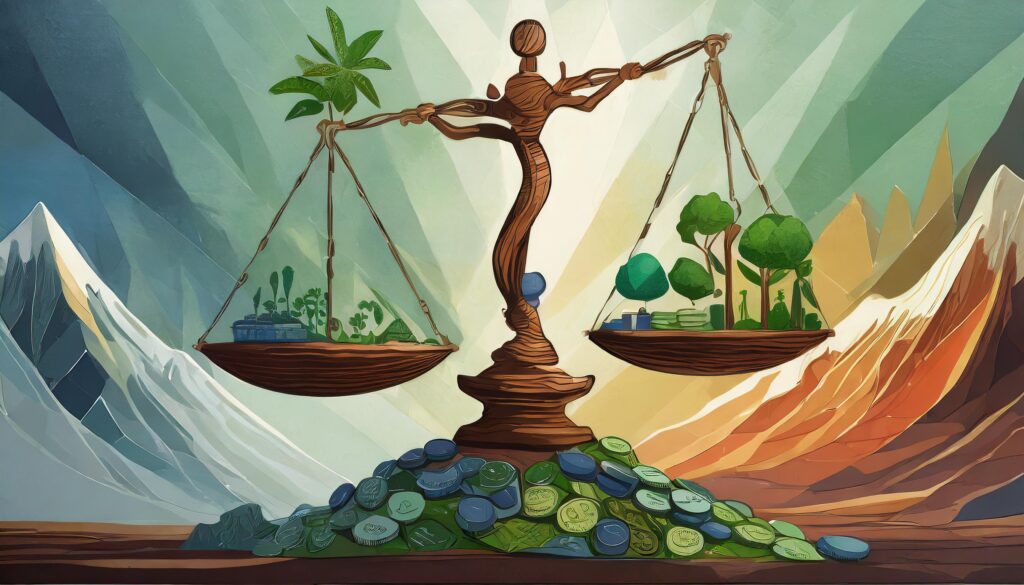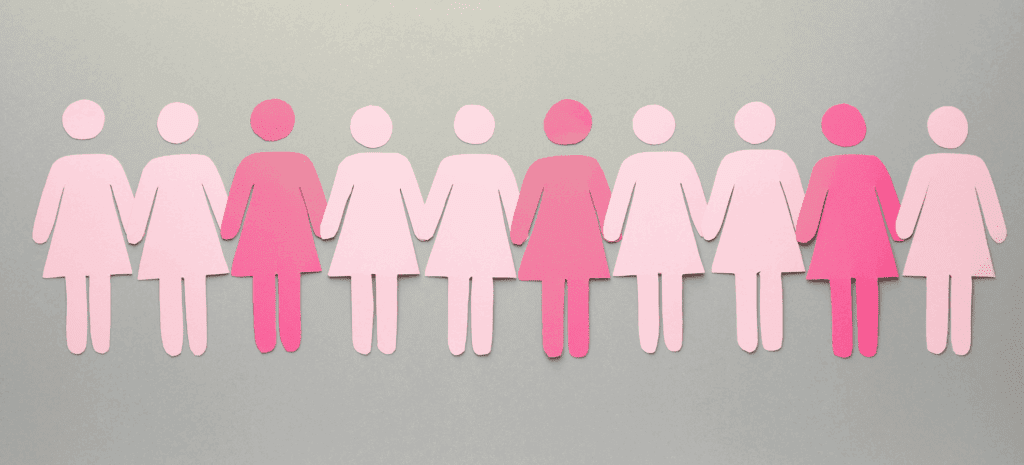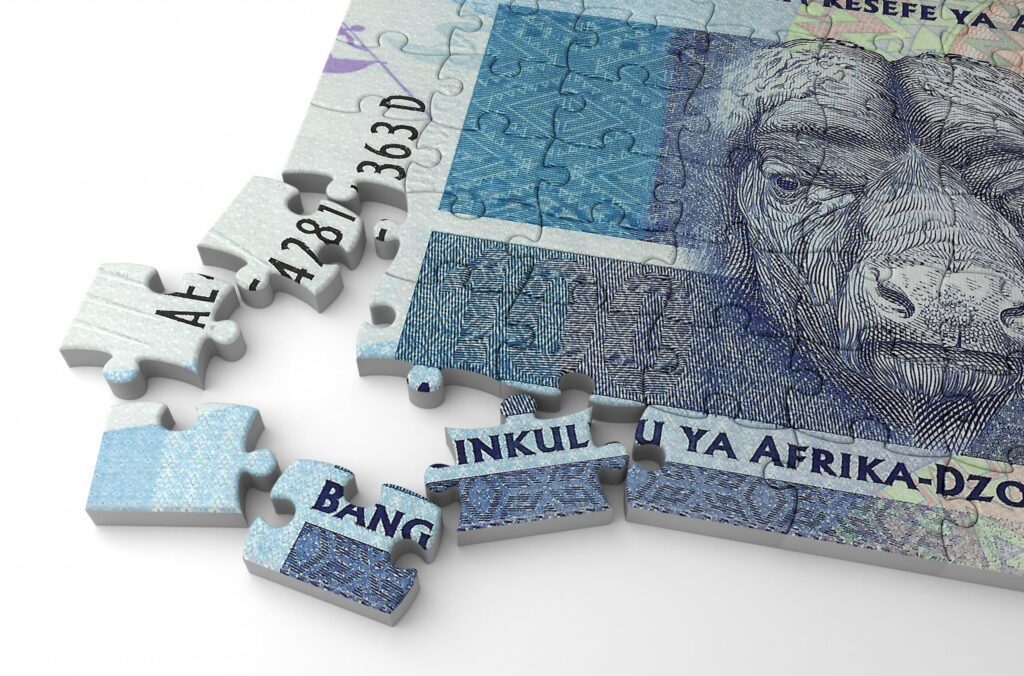THE RIGHT TO ENERGY: THE UNDOCUMENTED RIGHT THAT AFFECTS THE COUNTRY’S SOCIO-ECONOMIC DEVELOPMENT

Today, as we celebrate Human Rights Day, with load shedding looming around us, one is forced to ponder on this basic human right, the right to energy; that is a contributor to the well-being of our people.
Human Rights Day was officially proclaimed a public holiday when Nelson Mandela was elected as South Africa’s first democratic President. A day that is historically linked with the events of Sharpeville, where 69 people lost their lives and 180 were wounded when police fired on a peaceful crowd that had gathered in protest against the Pass Laws. The 21st of March 1960 is an iconic date in our country’s history, as it’s a reminder of the cost paid for our human rights. On this day, South Africans are asked to reflect on their rights and to protect their rights as well as the rights of all people from violation, irrespective of race, gender, religion, or sexual orientation, whether foreign national or not; human rights apply equally to everyone.
According to the Office of the High Commissioner of United Nations Human Rights (OHCHR), rebirth often follows decimation. Thus, in the aftermath of the Sharpeville massacre, the Bill of Rights and the Constitution were adopted and approved in 1996 respectively. Our Constitution is hailed one of the most progressive in the world, as it is the ultimate protector of our human rights, whilst the Bill of Rights embeds the rights of all the people in our country in an enduring affirmation of the democratic values of human dignity, equality, and freedom.
As the OHCHR reinvigorates the Universal Declaration of Human Rights, showing the ways it meets the needs of our time, and advancing its promise of freedom, equality, and justice for all, we, South Africans are going through an era of energy crisis - the undocumented right that has direct impact on modern communication, education, health, transport, and security.
In his speech on the 21st of March 2019, President Ramaphosa, stated that “energy, like housing, water, and health care, is a human rights issue. It may not be mentioned in the Bill of Rights, but it is fundamental to the dignity, safety, health, and well-being of our people”. Globally, access to energy is increasingly regarded as a basic human right and an important contributor to socio-economic development. The former UN Secretary General, Ban Ki Moon once said that “sustainable energy is the golden thread that connects economic growth, increased social equity and an environment that allows the world to thrive”. Access to energy drives economic growth by improving the standards of living and industrial productivity, enabling social and economic development for all whilst eradicating poverty. Therefore, access to energy is essential for all human development.
Power stability in South Africa was until the year 2007, and the situation has since worsened as currently, the country is experiencing a deficit which is demonstrated by the multiple periods of load-shedding where the demand for electricity exceeds the supply. Globally, the development of electricity supply infrastructure is not merely a technical or economic issue, but also a political and public policy matter. This is the main reason why the South African government has placed addressing electricity supply constraints as the number one goal of Operation Vulindlela - the plan to implement several priority structural reforms designed to reinvigorate the economy. It then raises the search for other sources of energy that could increase the generation of electricity and meet the high demand. As such, other sources such as wind, solar and gas must be explored and it seems that gas exploration, in this case, shale gas exploration, would be the answer to South Africa’s energy crisis.
The US Energy Information Administration states that South Africa has the world's 8th largest technically recoverable shale gas resources. This resource may significantly contribute to meeting the country’s energy needs, should the shale rocks under the Karoo hold economically recoverable natural gas reserves. This would allow the government to become self-sufficient in energy for decades, as it promises to stabilise and lower gas prices relative to oil prices. With it emerging as a relatively clean energy resource, it also serves as a transition fuel that will allow for the shift from coal to renewable energy resources while helping reduce the emission of greenhouse gases. With increased energy security, this resource has substantial economic benefits, raising people’s standard of living and greatly impacting the country’s GDP. Therefore, its greatest value lies in backing up intermittent renewable energy sources like wind and solar.
In my view, shale gas is an important component of a viable energy mix which will ensure access to affordable, reliable, sustainable, and modern energy for all, a commitment to Sustainable Development Goal 7. This gas would provide S.A. with a stable and green energy source for power generation and one that is a more efficient, reliable, and cheaper way to meet our future electricity needs than a nuclear option, which S.A. is looking at as the alternative to coal.
Making sure that every household and every small enterprise has access to electricity should be a national priority, a right which has dire effects on the socio-economic development of this country if not met. The enormous socio-economic value that can be realised by capitalising on shale gas demands clear and urgent action. This can only be achieved through the diversification of the energy mix and shale gas can be instrumental in meeting the increased energy demand, thus averting the energy crisis the country is confronted with.

About the Author
Dikoti Masemola is a coordinator for the Advocacy, Thought-Leadership & Stakeholder Relations department at the BMF.
She holds a BCom Economics and Econometrics, as well as a BSc Hons Energy Studies from the University of Johannesburg.
DISCLAIMER
The views and opinions contained in this blog belong solely to the authors and do not necessarily reflect the views and opinions of the BMF.
Post Views: 551






Well written piece!!